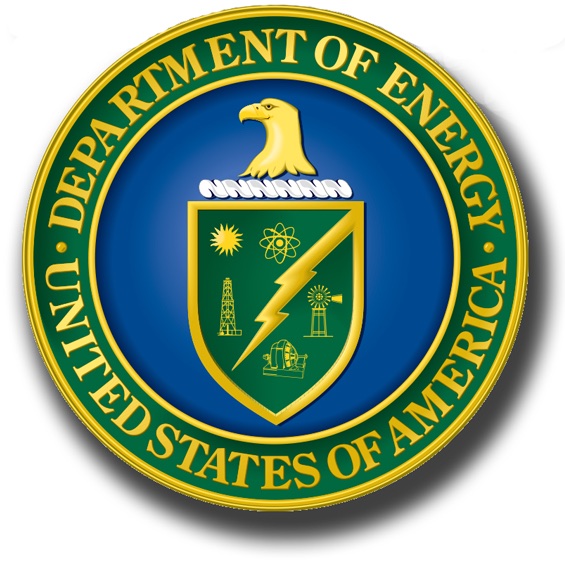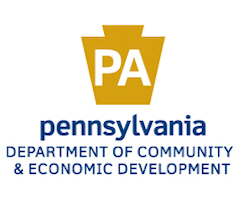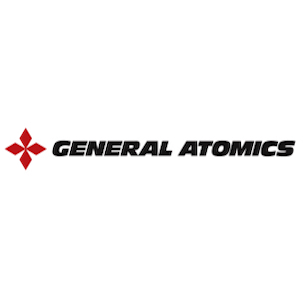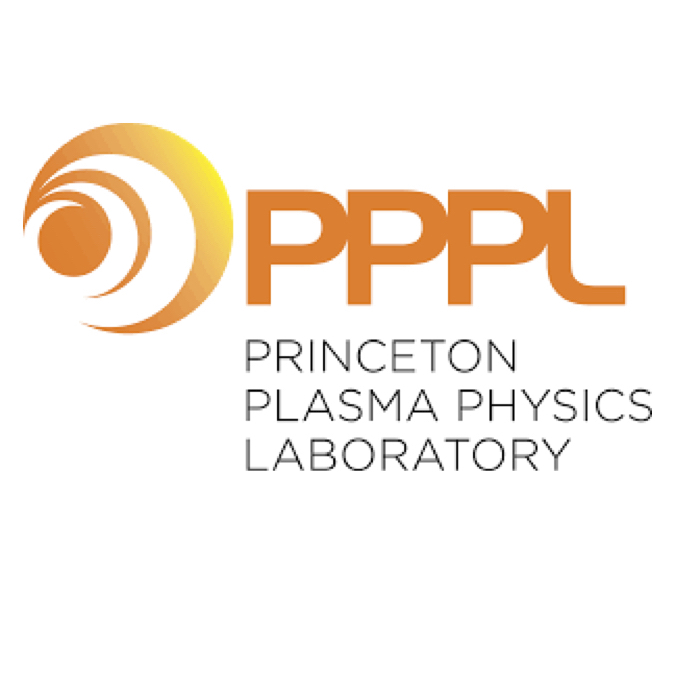Assessment of Performance of Burn Control Schemes under Confinement Mode Transitions in ITER
V. Graber, E. Schuster
Division of Plasma Physics (DPP) Annual Meeting of the American Physical Society (APS)
Portland, OR, USA, November 5-9, 2018
A nonlinear simulation study has been carried out to identify challenges
associated with burn control during the entry and exit of the burning
phase in ITER. The objective of a burn control scheme is to regulate
the amount of fusion power produced by the burning plasma using fueling
and heating actuators while avoiding thermal instabilities. The model
nonlinearities and uncertainties of the multi-variable plasma system
makes burn control design extremely challenging. To add to the challenge,
burn control strategies for ITER need to effectively maintain desired
operating points in spite of sudden changes in energy confinement after
entering or exiting the burning phase. In ITER, the transition to the
H-mode is synonymous with the entry to the burning phase for a 50/50 DT
fuel mixture, since the higher energy confinement and density of the
H-mode significantly increases the fusion reactivity. A simulation study
is presented to illustrate the performance of present nonlinear feedback
controllers during the entry and exit of the burning phase in ITER as
well as to identify critical control challenges that need to be addressed
during these transitions.







